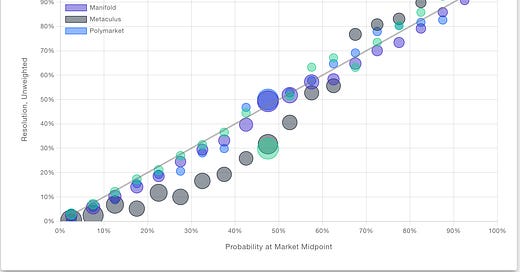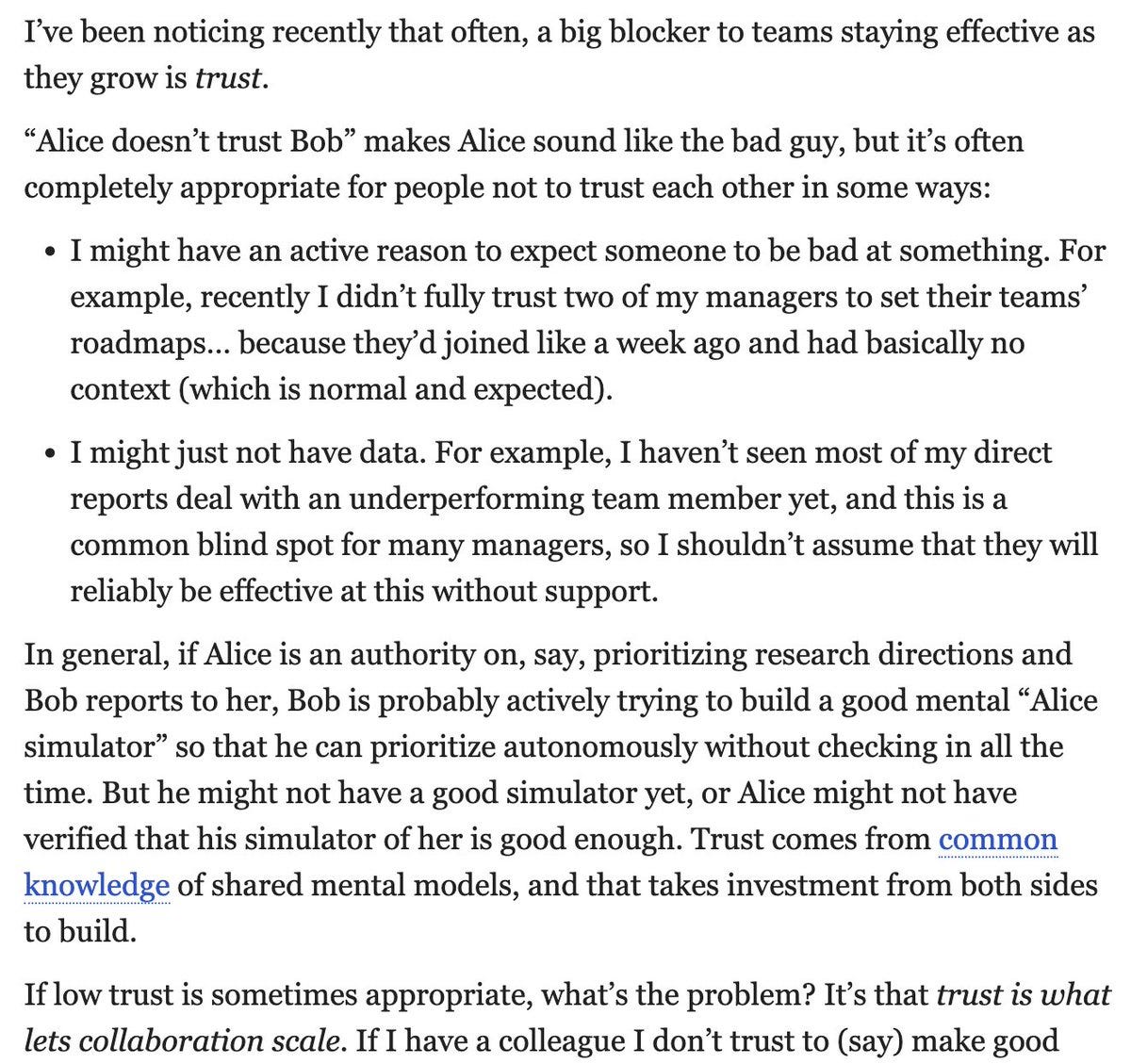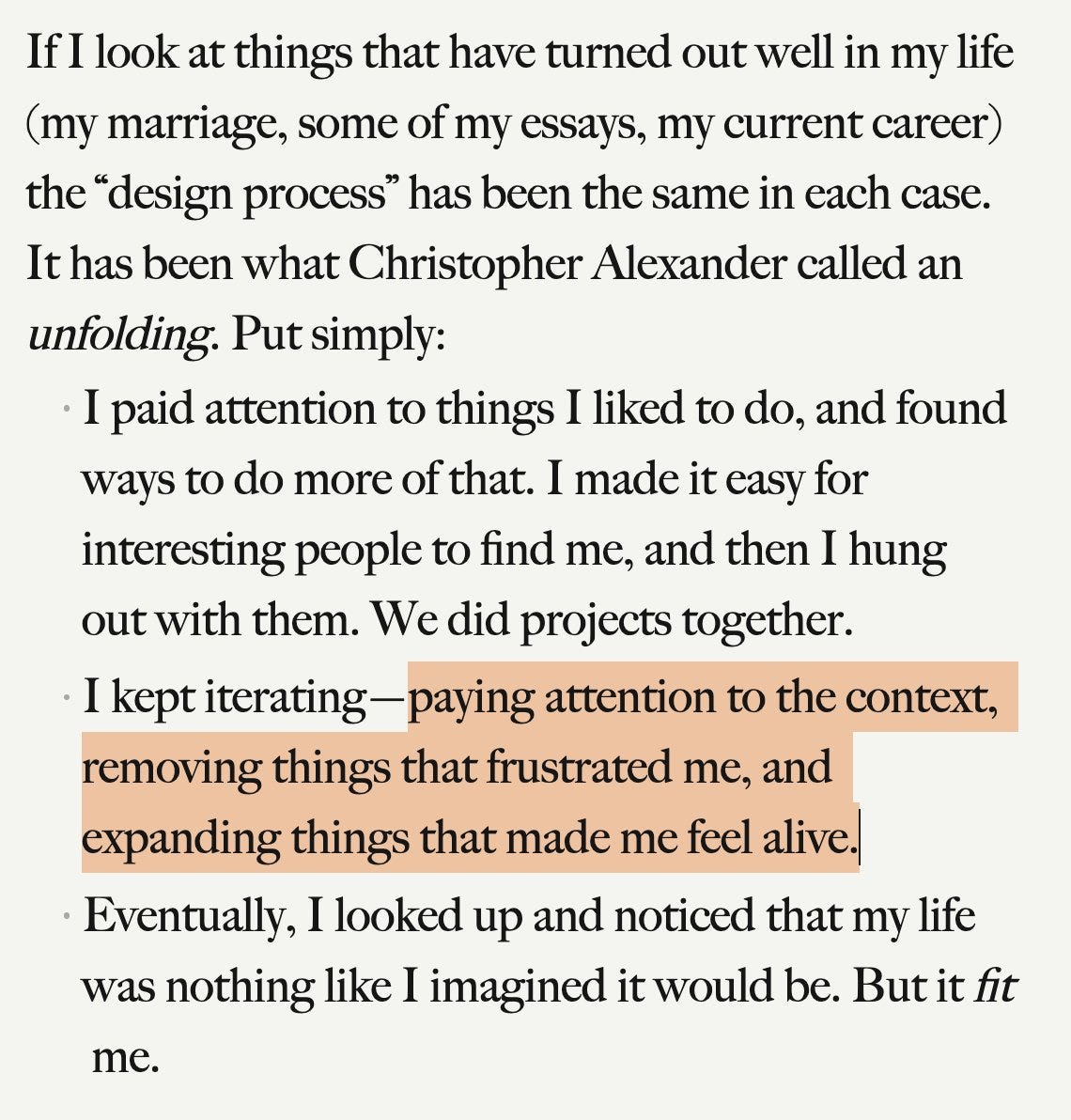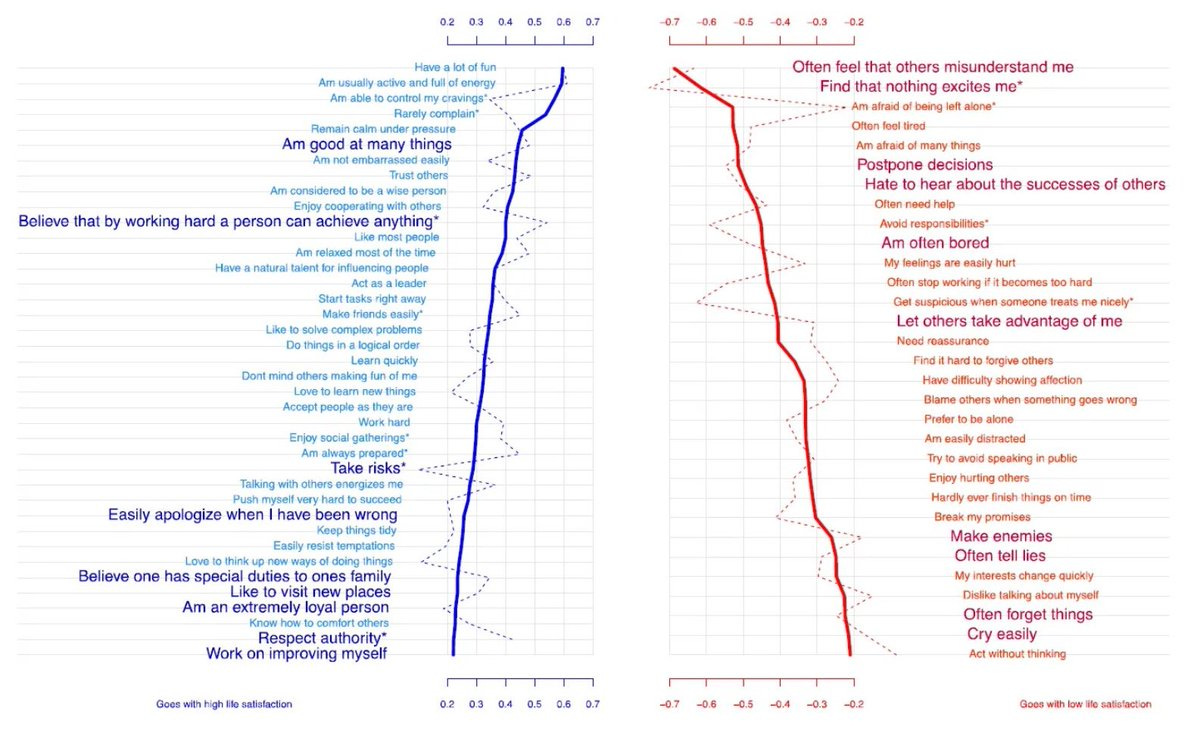July had a weird feel for me. A certain, surreality to it.
The primary culprit was my move to a new house - still in Berkeley, but now in Elmwood, aka the bourgeois part.
I hope to get grounded, and make a cozy home with all my art hung on the walls, by… lets set attainable goals… December.
#links
Vitalik Buterin went on the 80,000 Hours podcast to talk about def/acc.
Basically, I think it tries to be a pro-freedom and democratic kind of take on answering the question of what kinds of technologies can we make that basically push the offence/defence balance in a much more defence-favouring direction? The argument basically being that there’s a bunch of these very plausible historical examples of how, in defence-favouring environments, things that we like and that we consider utopian about governance systems are more likely to thrive.
The example I give is Switzerland, which is famous for its amazing kind of utopian, classical liberal governance, relatively speaking; the land where nobody knows who the president is. But in part it’s managed to do that because it’s protected by mountains. And the mountains have protected it while it was surrounded by Nazis for about four years during the war; it’s protected it during a whole bunch of eras previously.
I increasingly identify with this stance. While I remain very concerned by AI takeoff scenarios, I think you’ve got to play to your outs, and I endorse a high-gumption builder aesthetic which tries to shape the future of technology to one that promotes Liberté, Egalité, and Fraternité1.
Related: Nora Ammann and I joined Nathan Labenz to discuss Guaranteed Safe AI on the cognitive revolution podcast.
Also on the AI front, Goldman Sachs had an interesting brief out with the most compelling bear case I’ve seen for the recent wave Generative AI. Here’s my very incomplete summary:
There’s a huge amount of spending on AI, driven by arms race and bubble dynamics.
The current technology can’t provide returns to justify this level of investment.
It will be a while before AI is able to solve complex tasks on its own.
We should expect a drawdown.
It also included more bullish estimates. The report did a very good job in drawing out the differences between the bull case of +9% GDP2 and the bear of 0.5% GDP.
While I hope for an AI winter, I do not think it is likely. Current returns to AI seem to be benefiting individuals first, and not firms, which I think makes the benefits less visible to economists at this point. The future isn’t evenly distributed, yet. I expect the techniques will spread from a few hyper-adopters to the general knowledge worker, both from cultural diffusion and product improvements.
And there just isn’t a compelling reason offered for why we should expect 3.) to be true. It’s incredibly hard to predict capabilities breakthroughs. Perhaps stable reasoning over long time periods is thirty years out, as Acemoglu predicts, but it could be one year out!
Related: I’m collecting examples of people using LLMs as part of their workflows. From this month:
Dwarkesh described how Claude accelerates his learning process for interviews.
More examples please!
Remember how President Biden declared he wouldn’t run for re-election? I think there’s a plausible case that Polymarket, the crypto prediction market, played a small but significant role in creating a preference cascade among opinion makers that Kamala was a much better choice. An exciting example of one of the primary uses of prediction markets! Reminder: they work pretty well.
Side-note: I’m still looking for the definitive think piece on why our collective cultural memory is trending towards zero. Someone nearly assassinated former President Trump last month, and it felt like it was in the cultural memory for all of a week.
Ben Kuhn on Trust as a bottleneck to grow teams quickly:
I quite like this quote, and Christopher Alexander’s concept of unfolding resonates:
Speaking of the good life, last month I linked a survey of the factors of happiness - here’s a good visualization of the results and takeaways. It’s worth remembering that you should in fact try and have lots of fun in your life!
As I endeavor to improve my mood - mere happiness isn’t enough - sleep is clearly one of the biggest factors for my day to day well being. I stumbled upon Pokemon Sleep, and it seems like a delightful app.
Compelling study on how the codification of technical knowledge in early 20th century Japan was a key factor in their rapid industrialization:
Recommended product: Timery. I’ve tried and failed at time tracking before, but over the past few weeks I’ve found it to be very sticky and helpful, with the use of Timery and my Apple Watch. As long as I treat the practice gently - as an inquiry into how I spend my time, and not as an attempt to eke out marginal productivity gains - it feels pretty good.
#good-content
I must admit to being disappointed with how the seasons of The Boys and House of Dragons went. They started strong, but were very uneven and finished weak.
So I have no TV to recommend, but I will endorse the new Glass Animals album. I’ve been playing Wonderful Nothing on repeat.
xoxo,
Ben
It would be too on the nose for me to have said the American Way, and I’m writing this while watching the Olympics.
You know you’ve been in Singularitarian circles for too long when you first read 9% GDP growth as the bear case for the technology!










